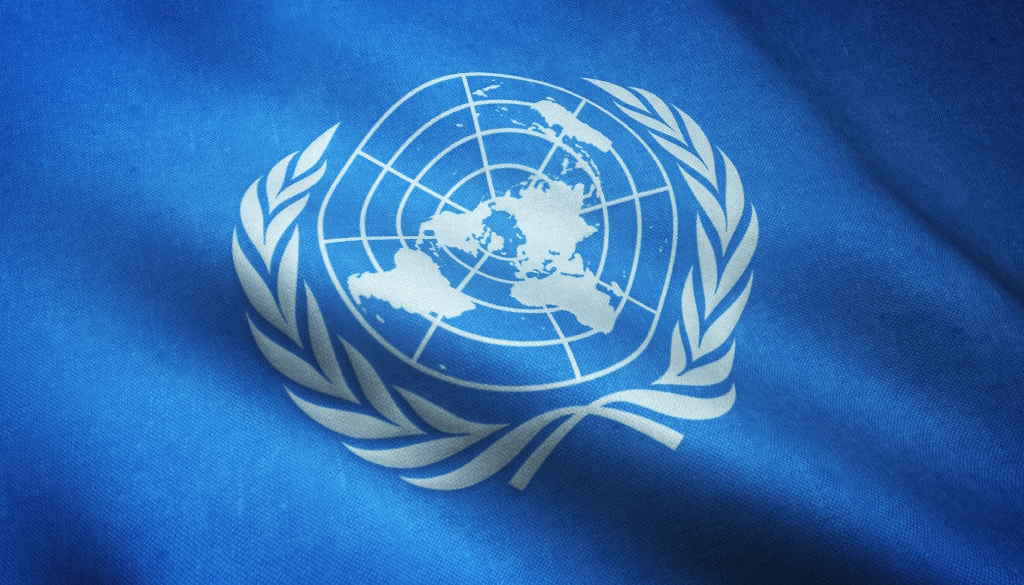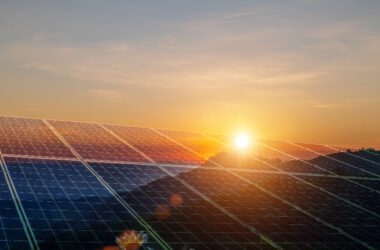The World Bank announced that it has launched a new regional initiative that aims to significantly accelerate energy efficiency to ensure secure, affordable and clean energy supply in Europe and Central Asia.
The “Energy Efficiency Improvement Program in Europe and Central Asia” (E3 Program), which covers a 10-year period, is expected to save 63 terawatt hours (TWh) of energy and reduce CO2 emissions by 18.7 million tons over the lifetime of the investments, the Bank said in a statement.
Under the E3 Program, $1.46 billion of World Bank financing will be provided, and an additional $2.4 billion of financing will be mobilized from the public, private and development sectors, including $1.5 billion of private sector financing.
Initial funding is earmarked specifically for energy efficiency programs in 4 countries, with more countries expected to join the program over the 10-year program period.
- Additional projects for Türkiye
Investments will target public facilities, housing and residential electrical appliances, industrial modernization and upgrades to district heating systems.
The project is supported by a $5 million grant from the Moldova – Opportunities for Growth, Resilience and Prosperity (M-GROW) program.
The E3 program will also develop replicable country projects based on national plans and support access to sustainable financing.
Projects to be implemented in the first phase of the program include $300 million in World Bank financing for the renovation of central government buildings in Türkiye and $54.5 million in financing for the renovation of public buildings and district heating systems, particularly educational facilities, in Moldova.
Additional phases and projects are planned in Türkiye, Moldova, Montenegro, Uzbekistan, and other countries.
Over time, the E3 program will help countries transition from small-scale, publicly funded energy efficiency programs to larger, commercially financed, national-scale programs.
The use of public finance will focus on demonstrating the investment needed to attract commercial financiers, testing new business models, reducing investment risks, and providing targeted subsidies alongside commercial financing.
Eighteen countries in the Europe and Central Asia region have already committed at COP 28 to double their annual energy efficiency growth rates by 2030.
However, the region is still home to some of the world’s most energy-inefficient and carbon-intensive economies.
The E3 Program will help address the market and behavioral challenges associated with energy efficiency investments, such as high transaction costs, a lack of regulations and standards, and a general lack of awareness.
The program will strengthen policies and regulations, develop robust institutions and organizations, generate and disseminate reliable data, develop market capacity, and mobilize private capital.
- Efficient systems are clean and competitive
Antonella Bassani, World Bank Vice President for Europe and Central Asia, said that investing in energy efficiency is part of the World Bank Group’s vision to accelerate the transition to clean and efficient energy to avoid the worst impacts of climate change.
Bassani noted that increasing energy efficiency can free up budget savings for other development priorities, and said:
“It can also significantly reduce the need for investment in energy supply. Efficient systems make businesses cleaner and more competitive, lower household energy bills, reduce air pollution, cut carbon emissions and create jobs.”
- “We will share our experience with countries in Europe and Central Asia.”
Charles Cormier, the World Bank’s regional infrastructure director, said the recent energy crisis has highlighted the urgent need for large-scale energy efficiency measures to conserve scarce natural resources.
Cormier made the following assessment:
“Energy efficiency remains the most accessible and cost-effective way to meet energy needs compared to new energy generation. Our program builds on our decades of experience helping countries in Europe and Central Asia improve their energy efficiency. Although located in a diverse region, these countries share many common barriers and national priorities that the program will help address and provide a platform for knowledge sharing through a regional network.”
The program will build a coalition of regional and global organizations, including international financial institutions and donor partners, committed to knowledge sharing and capacity building.
The regional network will be funded by an initial grant of $5 million from the Energy Sector Management Assistance Program (ESMAP).
The regional network will act as a facilitator for information exchange and knowledge generation, and will coordinate and harmonize country approaches. Priorities for the network will include policy formulation and implementation, design of programs to be scaled up, and measurement and verification of energy efficiency measures.
The E3 program will run in parallel with the recently launched Europe and Central Asia Scaling Up Renewable Energy (ECARES) program to enhance energy security, promote affordable access to energy, and support the transition to clean energy.
While the ECARES program focuses on clean energy supply, the E3 program aims to reduce energy demand. (AA)



 UN
UN 


